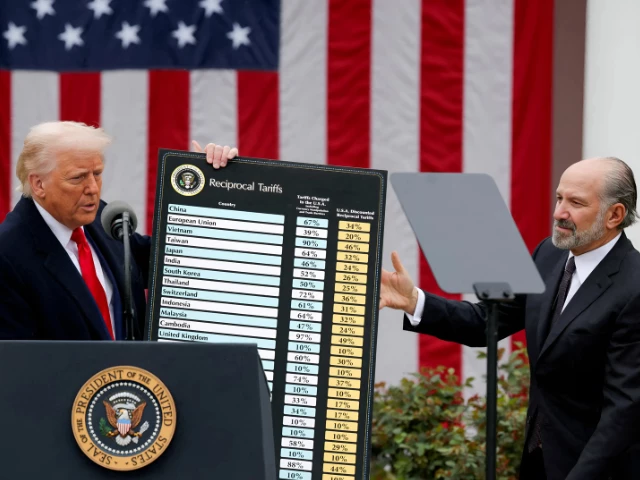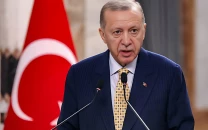US federal court rules Donald Trump's tariffs as 'illegal'
A US federal court has ruled Donald Trump lacked authority to impose sweeping tariffs without congressional approval.

In a significant legal rebuke, a three-judge panel of the US Court of International Trade has ruled that President Donald Trump did not have the authority to unilaterally impose global tariffs under emergency powers, declaring the actions “contrary to law.”
The court’s decision invalidates sweeping tariffs introduced in April across more than 50 countries, citing the lack of statutory grounds under the International Emergency Economic Powers Act (IEEPA).
The ruling marks the first judicial interpretation of the IEEPA’s scope regarding presidential tariff authority.
In a major decision earlier tonight, the U.S. Court of International Trade ruled in two separate cases that President Donald J. Trump does not have the authority under the International Emergency Economic Powers Act of 1977 (IEEPA) to impose sweeping tariffs against much of the… pic.twitter.com/xMSorI4i3H
— OSINTdefender (@sentdefender) May 29, 2025
“The President's assertion of tariff-making authority in the instant case, unbounded as it is by any limitation in duration or scope, exceeds any tariff authority delegated under IEEPA,” the panel wrote. “The Worldwide and Retaliatory tariffs are thus ultra vires and contrary to law.”
The court’s opinion emphasised that while the IEEPA allows the executive branch to address “unusual and extraordinary threats,” it does not supersede Congress’s constitutionally assigned control over taxation and tariffs.
“Because of the Constitution's express allocation of the tariff power to Congress, we do not read IEEPA to delegate an unbounded tariff authority to the President,” the opinion stated.
The ruling stems from two cases—one brought by a coalition of small businesses and the other by 12 Democratic attorneys general.
The Trump administration has already filed a notice of appeal and is expected to request a stay of the decision from the US Court of Appeals for the Federal Circuit.
In response to the ruling, White House spokesperson Kush Desai argued that “unelected judges” should not determine how a president responds to a national emergency.
“The administration remains committed to using every lever of executive power to address this crisis,” Desai said.
🚨🚨
— Manpreet Kailon (@preetkailon) May 29, 2025
White House spokesman Kush Desai evoked the trade deficit and said, "It is not for unelected judges to decide how to properly address a national emergency," adding that that the administration is committed to using "every lever of executive power to address this crisis." https://t.co/bhArbcKF5V
Legal challenges have mounted since Trump invoked IEEPA to impose tariffs, asserting that the US trade deficit constituted an emergency.
However, plaintiffs argued the justification was legally insufficient and economically flawed. “His claimed emergency is a figment of his own imagination,” one lawsuit stated.
At a hearing earlier this month, the panel — comprising judges appointed by Presidents Obama, Trump, and Reagan — pressed lawyers to identify legal precedents permitting such sweeping executive actions under IEEPA.
Notably, previous cases under the Trading with the Enemy Act of 1917 did not directly address modern applications under the IEEPA.
Jeffrey Schwab, counsel for the plaintiffs from the Liberty Justice Center, framed the administration’s actions as unprecedented. “I’m saying it’s a wild pitch... so we don’t need to debate that,” Schwab argued in court.
The ruling diverges from a separate May opinion issued by a federal judge in Florida—nominated by Trump—who suggested the president might possess such tariff authority but ultimately transferred the case to the Court of International Trade.
The legal battle over the limits of presidential economic powers now moves to the appellate level, setting the stage for a potential Supreme Court review that could further define the balance of power between Congress and the executive branch.


1725099588-0/BeFunky-(41)1725099588-0-208x130.webp)
















COMMENTS
Comments are moderated and generally will be posted if they are on-topic and not abusive.
For more information, please see our Comments FAQ